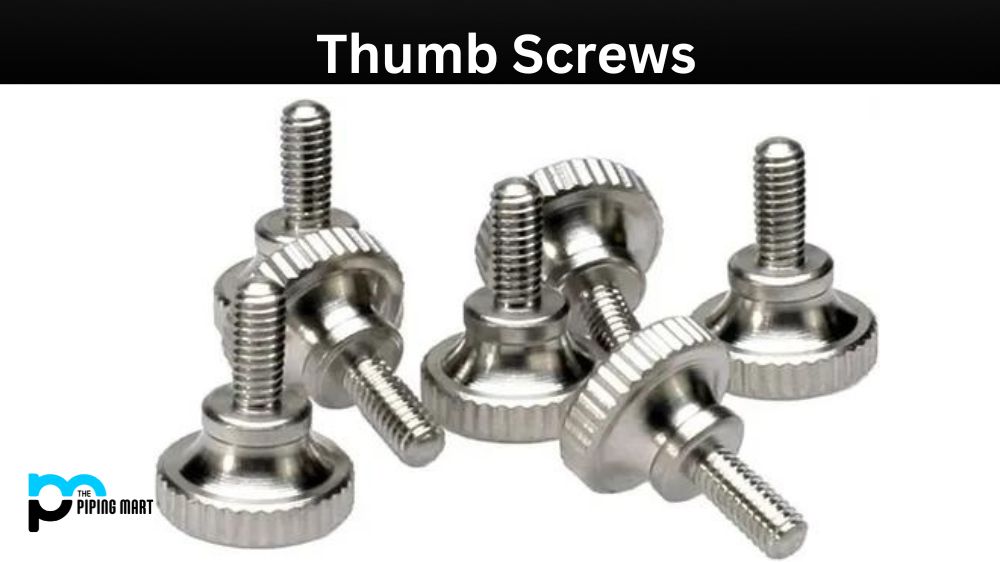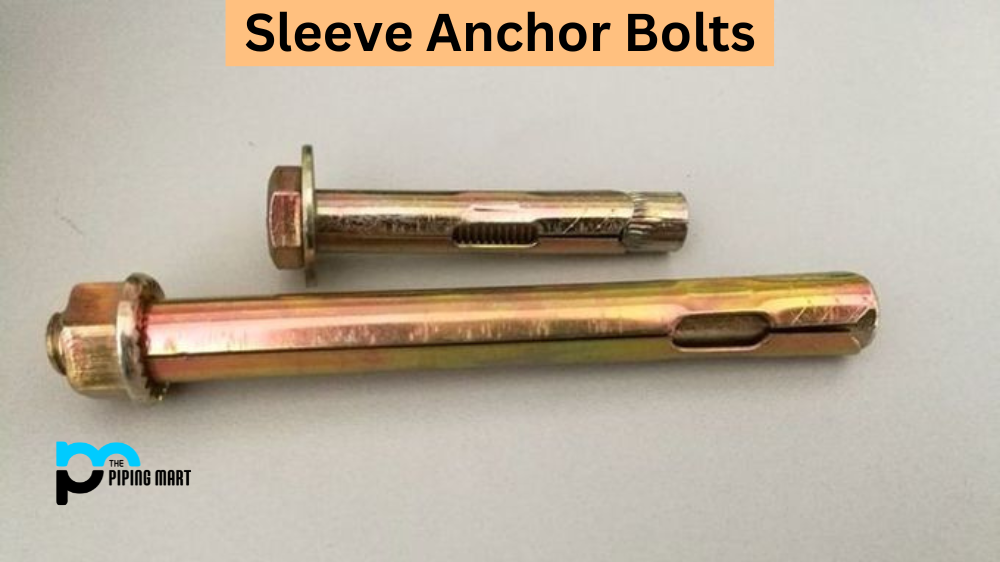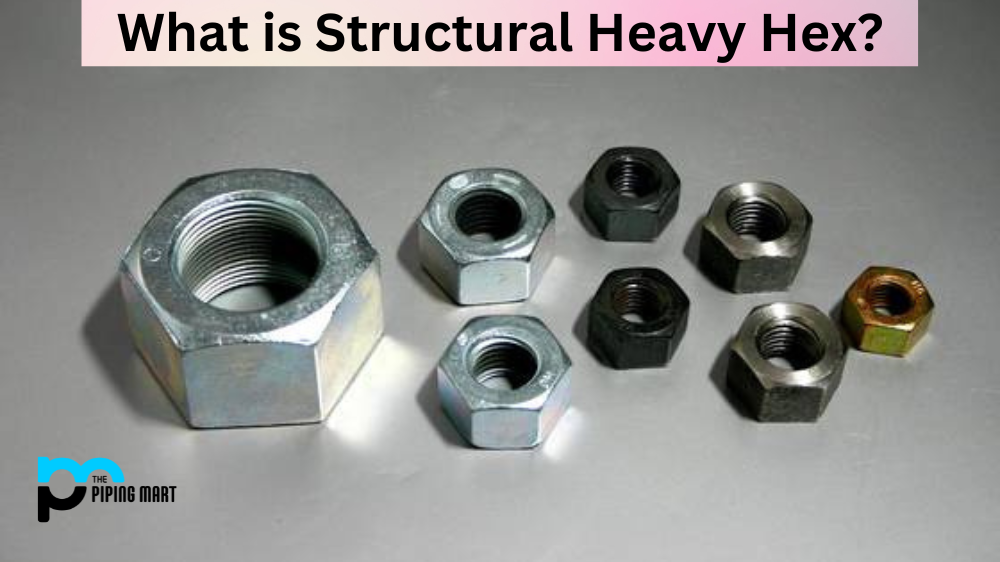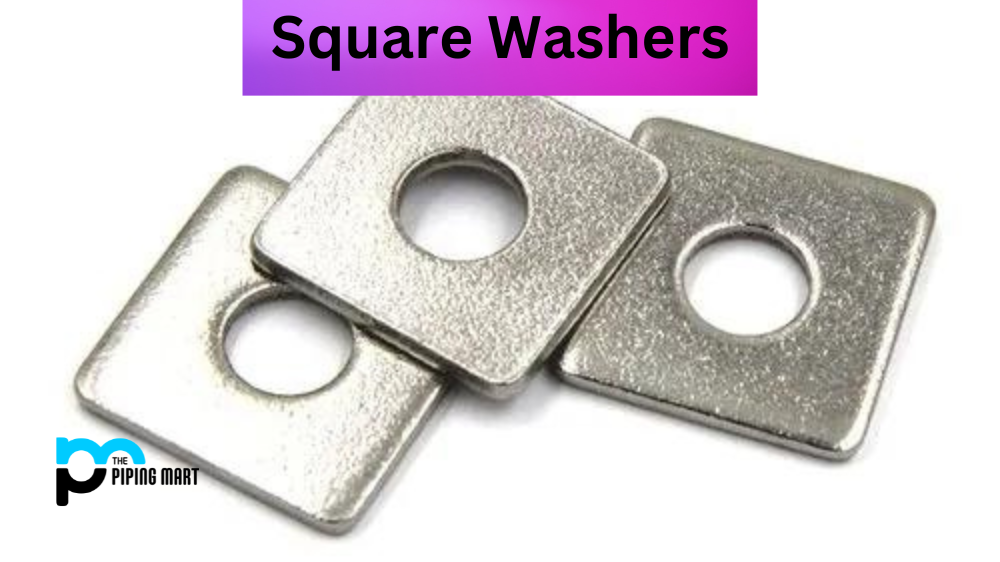Thumb screws, also known as knurled screws, are essential in the hardware industry. They tighten or loosen screws without additional tools such as screwdrivers or wrenches. Thumb screws come in different sizes, styles, and materials, making them versatile for various applications. However, just like any other hardware tool, thumb screws have their advantages and disadvantages. In this blog post, we will look at the pros and cons of thumb screws to help you decide whether they are the right tool for your project.
Advantages of Thumb Screws:
Easy and convenient to use: Thumb screws are designed to be tightened or loosened by hand without additional tools. This makes them convenient when you need to make quick adjustments or tighten something in tight or hard-to-reach spaces, such as underneath a desk.
Versatile: Thumb screws can be used in various applications, such as furniture assembly, automotive work, and electronics. They come in different sizes, styles, and materials, making them a versatile option that can be customized to fit your project’s needs.
Non-permanent: Unlike screws tightened with a wrench or screwdriver, thumb screws can be easily loosened and removed. This makes them a non-permanent option that can be easily replaced or adjusted.
Aesthetic appeal: Thumb screws have a knurled head design that adds an aesthetic appeal to your project. They are available in different finishes, such as chrome or brass, giving your project a sleek and professional look.
Disadvantages of Thumb Screws:
Limited torque: Thumb screws are not designed to withstand high torque levels like their traditional counterparts. This means that they may not be suitable for applications that require a high amount of force or where the screw needs to be tightened to a specific torque level.
Security concerns: Thumb screws can be easily removed by hand, making them less secure than other types of screws. They may be unsuitable for security applications, such as jewellery display cabinets or museum exhibit cases.
Durability: Thumb screws can be made from various materials, such as plastic or aluminium, which may not be as durable as other materials, like stainless steel. This means that the wear out or break over time, especially if they are high-stress applications.
Cost: Thumb screws can be more expensive than traditional screws that are tightened with a screwdriver or wrench. This means that they may not be suitable for projects with limited budgets.
Conclusion:
In conclusion, thumb screws have advantages and disadvantages, and whether they are the right tool for your project depends on your specific needs. They are easy and convenient to use, versatile, non-permanent, and add an aesthetic appeal to your project. However, they may not be suitable for applications that require a high amount of torque, have security concerns, require high durability, or are on a limited budget. It’s essential to evaluate the pros and cons of thumb screws carefully before deciding if they are the right tool for your project.

Abhishek is a seasoned blogger and industry expert, sharing his insights and knowledge on various topics. With his research, Abhishek offers valuable insights and tips for professionals and enthusiasts. Follow him for expert advice on the latest trends and developments in the metal industry.




